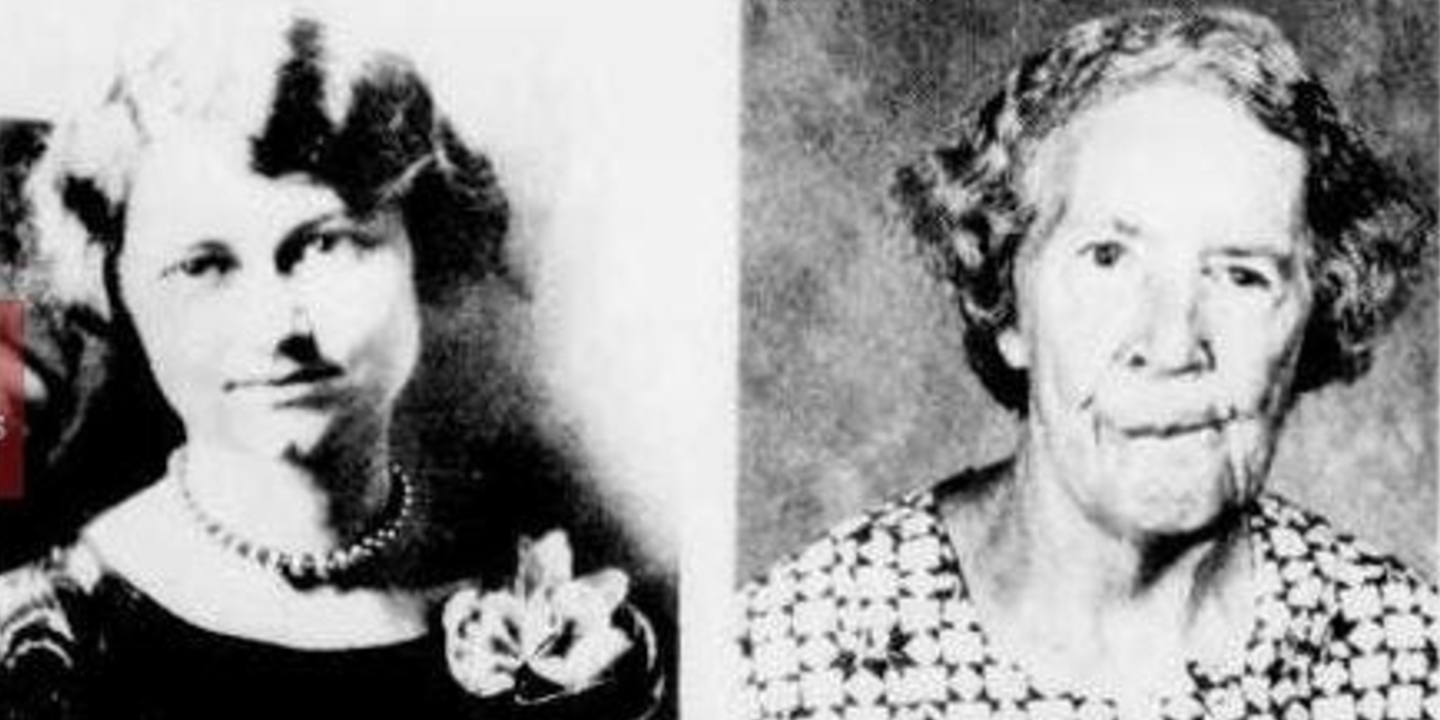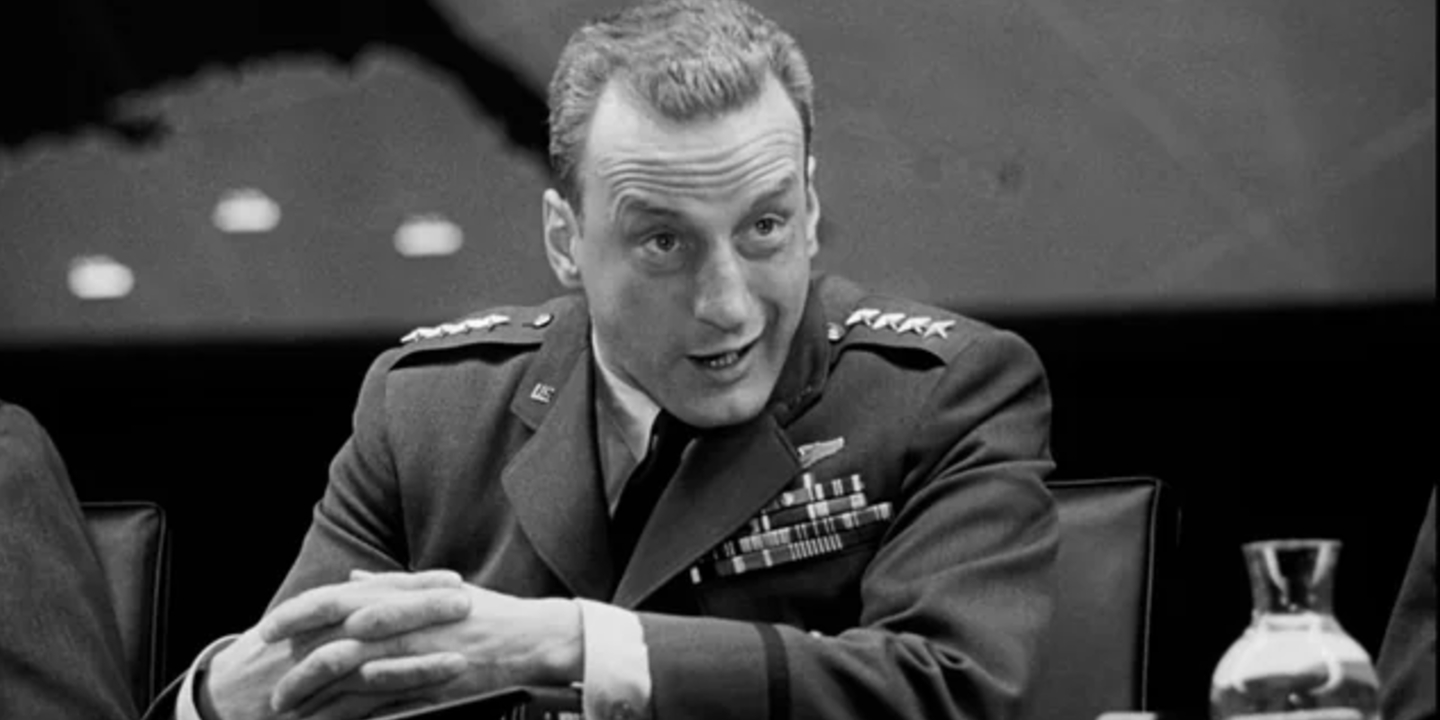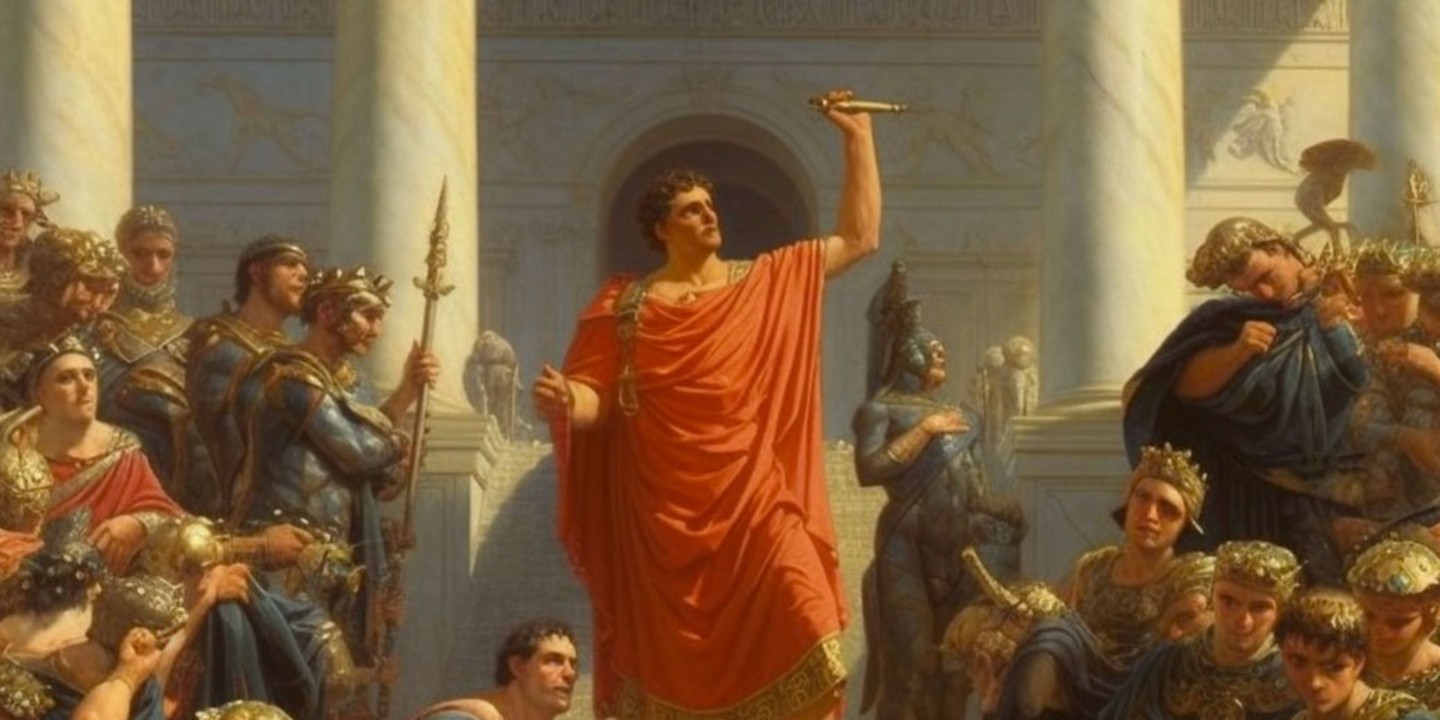10 Reasons Napoleon Won Battles & 10 Reasons He Lost Everything
The Strange Genius And The Fatal Flaws
Napoleon Bonaparte looms large in the roster of history’s most impactful players. Despite being relatively small in stature, both his victories and defeats were immensely consequential. His triumphs reshaped Europe, toppled empires, and rewrote maps with the scratch of a pen. His defeats became lessons in the limits of ambition. To understand him is to watch brilliance and hubris wrestle on the same field, sometimes in the same afternoon. And like all great stories, it’s messy, glorious, and disastrous all at once. Here are ten reasons why Napoleon was victorious and ten reasons why he eventually lost it all.
 Jacques-Louis David on Wikimedia
Jacques-Louis David on Wikimedia
1. He Moved Faster Than Everyone Else
Armies were lumbering things in the 18th century, with lines of men dragging cannons and baggage across miles of gruelling terrain. Napoleon forced them into a sprint, implementing forced marches, rapid deployments, and maneuvering divisions with clockwork precision. He appeared where he wasn’t supposed to, before anyone expected.
2. He Loved The Cannon
Artillery wasn’t considered as glamorous as a cavalry charge, but Napoleon understood the value of the big guns. He massed them so that he could concentrate fire and blast an opening for infantry to pour through. At Austerlitz, cannon fire was so intense it sculpted the battlefield.
3. He Spoke To Soldiers Like They Mattered
Napoleon made a point of remembering his men’s names, and actually rode through camp asking about families, handing out medals, and joking with privates. This incredible intimacy he fostered with his men cultivated loyalty and earned him the affectionate nickname, “the Little Corporal.”
 Unknown authorUnknown author on Wikimedia
Unknown authorUnknown author on Wikimedia
4. He Turned Weakness Into Advantage
Outnumbered? Good. Outgunned? Even better. He thrived in uneven fights, using terrain, timing, and audacity to tilt the scale in his favor. At Montenotte, while fighting against Austrians, he split his smaller force in two and attacked both flanks at once, transforming his weakness into a brilliant strategy.
5. He Studied Every Map Like It Was Scripture
The man had an obsession with geography and made a point of knowing the rivers, ridges, and roads of the battlefield like the back of his hand. While other generals trusted reports, he relied on his own eyes, and would spend hours pouring over maps, looking for advantages in the location of a hill or a marsh.
6. He Harnessed The Revolution
Napoleon didn’t just command an army; he commanded an idea. The French ideals of liberty, equality, and fraternity were the cornerstones of the empire he envisioned. French soldiers fought not just for pay but for these principles, and that belief gave them a fortitude that bread alone can’t satisfy.
 Unknown authorUnknown author on Wikimedia
Unknown authorUnknown author on Wikimedia
7. He Surrounded Himself With Brilliant Marshals
Michel Ney, Joachim Murat, Jean Lannes are just some of his mighty men, with personalities as memorable as their battle prowess. Napoleon trusted them implicitly and unleashed them on separate fronts. Some were reckless, some cautious, but together they made the French war machine an unstoppable force.
8. He Was Bold To The Point Of Madness
Napoleon made a habit of routinely undertaking the unthinkable. He crossed the Alps in winter, charged into Egypt, and invaded Italy with starving troops. His audacity disoriented his enemies, and caught them flat-footed over and over again.
 ismeretlen magyar fényképész on Wikimedia
ismeretlen magyar fényképész on Wikimedia
9. He Mastered Propaganda Before The Word Existed
The bulletins he wrote were half news, half theater. He made a point of magnifying his victories and downplaying his defeats. His soldiers read these reports and believed they were part of legend come to life. His enemies read them and often believed they were beaten before the battle had even begun.
10. He Could Read The Field Like A Chessboard
At Austerlitz, he let the Allies believe he was weak on the right, causing them to attack this flank. He then unleashed a crushing counterattack through the center. He regarded warfare as chess and was willing to make sacrifices that others were not.
 artists VERNET, Carle (1758-1836) and LECOMTE, Hippolyte (1781-1857) on Wikimedia
artists VERNET, Carle (1758-1836) and LECOMTE, Hippolyte (1781-1857) on Wikimedia
And now, ten reasons why his genius faltered and he was ultimately defeated.
1. He Overstretched Himself
Europe is large and stretched his armies thin. He fought in Spain, Italy, Germany, and Russia, causing his supply lines to fray and his soldiers to starve. Left to their own devices, his commanders quarreled, leading to the formation of factions within his ranks. An army divided against itself cannot stand.
 Jan Hoynck van Papendrecht on Wikimedia
Jan Hoynck van Papendrecht on Wikimedia
2. He Underestimated Guerrilla Warfare
Spain was a thorn in his side. He didn’t have to contend with big, glorious battles, but ambushes and assassinations. While priests were stirring up rebellion, peasants were dispatching his men with concealed knives. His disciplined troops couldn’t crush shadows, and the constant uncertainty was demoralizing.
 Leonardo Di Manici on Unsplash
Leonardo Di Manici on Unsplash
3. He Believed In His Own Myth
When he took the crown from the Pope and placed it on his own head at Notre Dame, he was declaring to the world that he wasn’t just emperor; he was destiny itself. And when you fall to the power of your own mythos, believing yourself to be more god than man, you’re not exactly open to compromise.
 Jacques-Louis David on Wikimedia
Jacques-Louis David on Wikimedia
4. He Fought Too Many Coalitions
He beat Austria, Prussia, and Russia, but these nations gradually learned. Britain, Austria, Russia, and Prussia rotated through coalitions, each time adjusting their strategy to counter Napoleon’s known style. Even Napoleon couldn’t fight the entire continent forever.
5. He Misjudged Britain’s Stubbornness
Britain poured money into coalition after coalition, blockaded ports, and gradually crippled French trade. Napoleon tried the Continental System to starve them out, limiting their trade with all the nations under his control. The British, for their part, took advantage of smugglers and neutral countries to continue their trade routes, all the while using their enormous wealth to fund coalitions against him.
 Art Institute of Chicago on Unsplash
Art Institute of Chicago on Unsplash
6. He Trusted Family Too Much
At the height of his power, Napoleon began to install family members as monarchs to further his control. He placed his brother Joseph on the throne in Spain, his other brother Louis in Holland, and his youngest sibling Jérôme in Westphalia. Blood ties kept the empire connected, but it was no substitute for political skill.
 Unidentified painter on Wikimedia
Unidentified painter on Wikimedia
7. He Failed In Russia—Spectacularly
His 1812 march to Moscow began with the largest army Europe had ever seen, with more than a million men. Russia responded by going scorched earth, leaving all the villages on their march—and even Moscow itself—a heap of ashes. When winter settled in, Napoleon’s troops were forced to retreat due to lack of supplies, leading to the deaths of countless thousands.
8. He Alienated Old Allies
He crowned himself emperor, sidelined the Pope, bullied Austria, and humiliated Prussia. Over time, every former alliance turned sour. Napoleon loved the thrill of battle, but diplomacy bored him, and eventually, even his friends turned against him.
 Unknown authorUnknown author on Wikimedia
Unknown authorUnknown author on Wikimedia
9. He Ignored Limits Of His Own Body
In pursuit of glory, Napoleon ignored the limits of his own physical health and began to suffer migraines, hemorrhoids, and crushing fatigue. He drove himself past breaking point, refusing rest, and eventually began to make mistakes in his state of exhaustion.
10. He Couldn’t Stop Wanting More
Italy wasn’t enough. Egypt wasn’t enough. Austria, Prussia, Spain—still not enough. The hunger for more, always more, consumed him until he had acquired more territory than he could conceivably control.
KEEP ON READING

The Woman Without A Name
Mary Doefour was the woman without a name. In 1978,…
By Robbie Woods Dec 3, 2024
The 10 Worst Generals In History
Bad Generals come in all shapes and sizes. Some commanders…
By Robbie Woods Dec 3, 2024
10 Historical Villains Who Weren't THAT Bad
Sometimes people end up getting a worse reputation than they…
By Robbie Woods Dec 3, 2024
One Tiny Mistake Exposed A $3 Billion Heist
While still in college, Jimmy Zhong discovered a loophole that…
By Robbie Woods Dec 3, 2024
The Double Life And Disturbing Death of Bob Crane
Bob Crane was the star of Hogan's Heroes from 1965-1971.…
By Robbie Woods Dec 3, 2024
The Most Surprising Facts About North Korea
North Korea may be the most secretive state in the…
By Robbie Woods Dec 3, 2024










